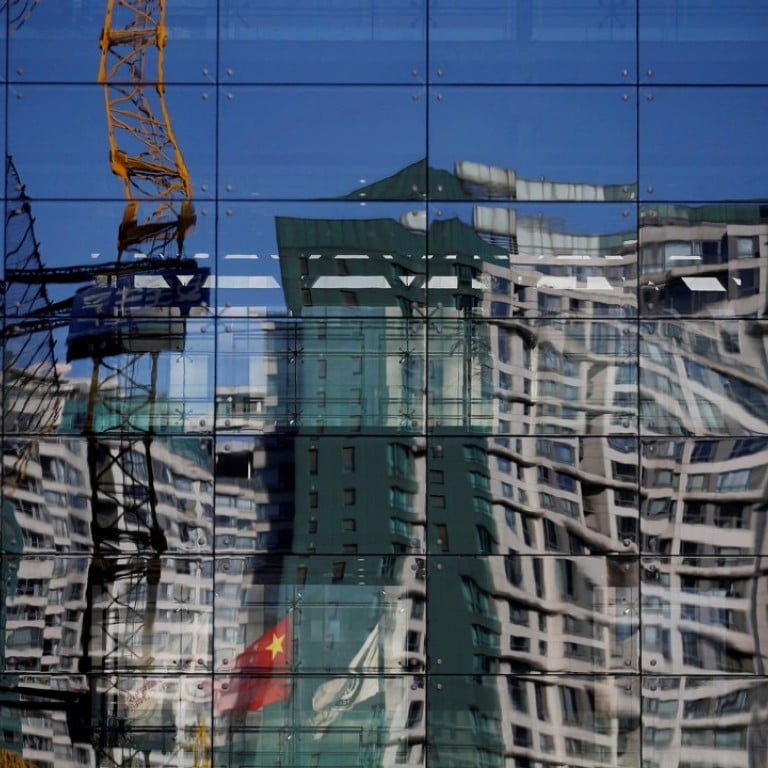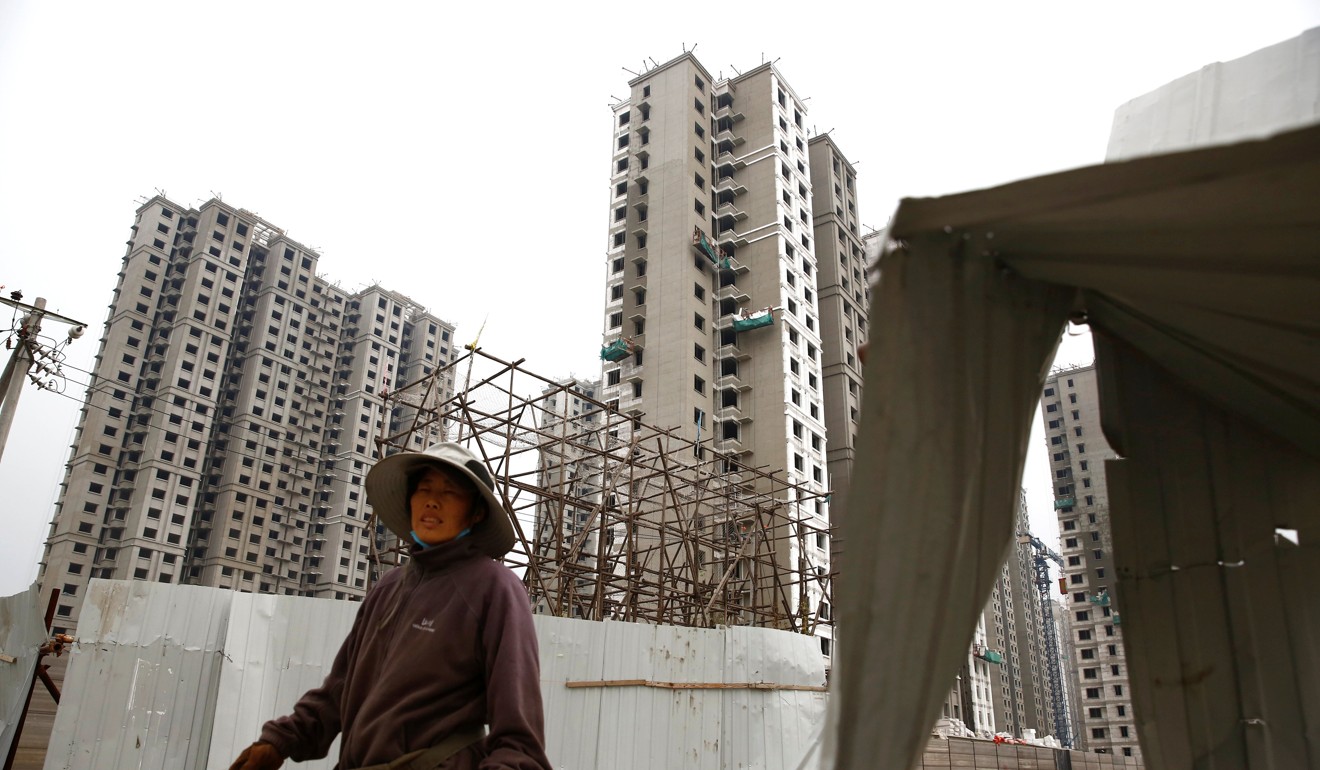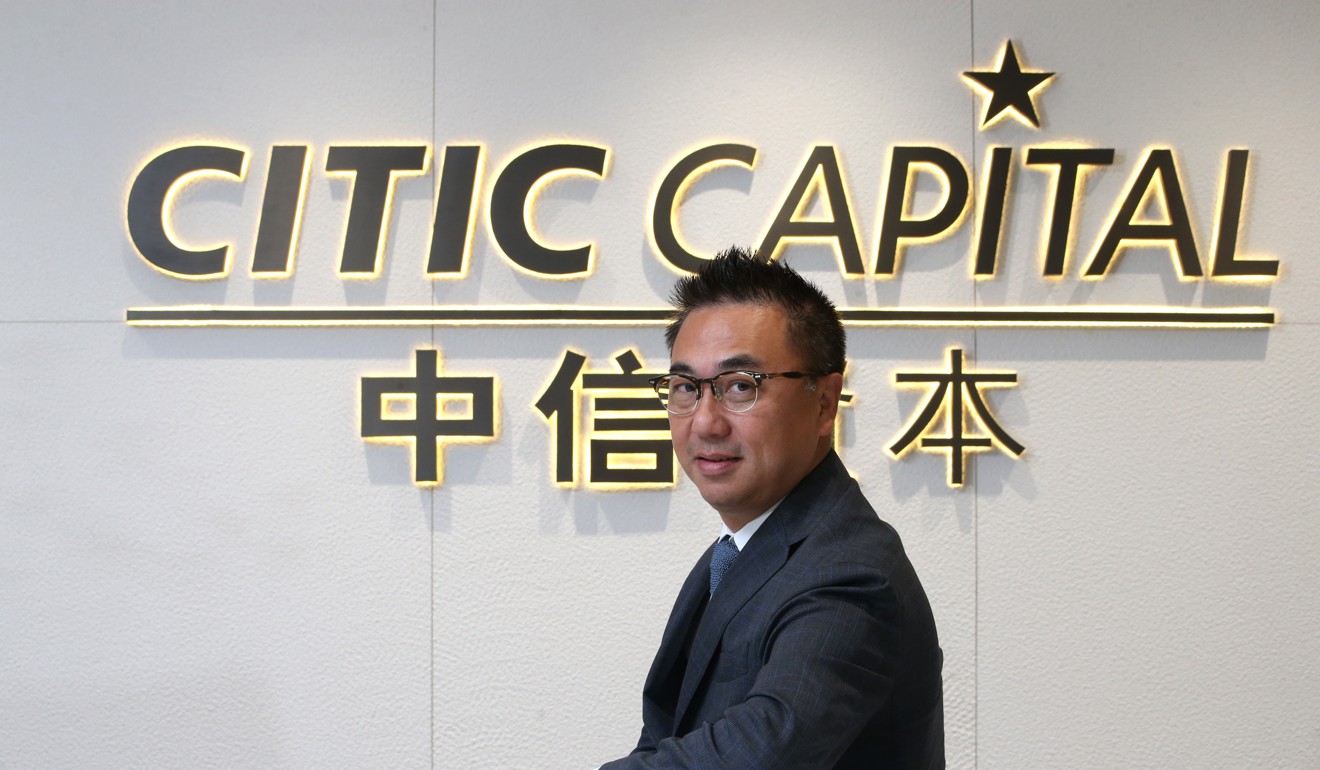
Citic officials confident decision to edge away from housing market, in favour of commercial, is correct
‘Morale in the [housing] industry has dipped extremely fast’, Stanley Ching, Citic’s senior managing director, tells South China Morning Post
Hong Kong’s Citic Capital, one of the biggest real estate investors in China, insists its decision to withdraw from the red-hot housing market and focus more on commercial sites over the past two years is reaping rewards, as Chinese central government efforts continue to ease runaway prices and tighten mortgage credit.
Citic officials say the U-turn is linked to those two factors, but also that it foresaw a strong correction on the way, in a market where prices have been on hyper-drive for years.
“Morale in the industry has dipped extremely fast,” said Stanley Ching, Citic’s senior managing director told South China Morning Post.

“Those who achieved 10 billion yuan (US$1.4 billion) sales vowed first to maintain that next year. But now no one is setting such targets any more.”
That tone has also been adopted by other market leaders of late.
China Vanke, the country’s second-largest home builder, unveiled its “To survive” slogan and strategy for its housing activities during a two-day conference in Shenzhen ending on September 29, while Country Garden, China’s fastest-growing property developer, has said it plans to slow its releases.
As well as Beijing’s determination to slash mortgage debt, the scrapping of subsidies to rebuild shantytowns coupled with uncertainties rising from the US-China trade war, have left many firms nervous of what might lie ahead.

Citic is considered an early leader of the mainland’s resurgent commercial and retail property sectors.
Currently operating four shopping centres in the mainland, the investment firm’s property unit – Citic Capital Real Estate Group together with a partner – has geared up its commercial activities and aims to raise 3 billion yuan by the end of the year, all of which will be used to acquire more complexes across the country.
“We aim to buy another four or five on back of the new funds, in Shanghai, Beijing, Jinan in Shandong Province and Chengdu in Sichuan Province,” added Ching.
That retail property-focused strategy is based on what look like robust business performances.
At its Changsha ID Mall, kicked off in late 2012, both tenants sales and rental income have enjoyed growth of more than 20 per cent year-on-year, while the newly established Shanghai Lane 189 and Hefei ID Mall kicked off in late 2016, both generated a 30-40 per cent increase in tenants sales and rental income last year.
![“We aim to buy another four or five [shopping centres] on back of the new funds,” says Citic Capital’s Stanley Ching. Photo: SCMP / David Wong](https://cdn4.i-scmp.com/sites/default/files/images/methode/2018/10/16/e4ae917c-d139-11e8-81a4-d952f5356e85_600x_211114.JPG)
Analysts say bricks-and-mortar stores, particularly shopping centres which were once being harshly hit by the fast-developing embrace of e-commerce, are now being offered a new window of opportunity by using the widely adapted concept of combining integrated online and offline operations.
“It is a golden era for shopping malls. Offline stores guided by their online experience are back in favour with customers, such as Alibaba’s Hema Supermarket,” said Yan Yuejin, director at the E-house China R&D Institute in Shanghai.
Consumers visit shopping malls that can give them experiences that online purchases cannot. They try out products in new stores, and then spend both online and offline
“Consumers visit shopping malls that can give them experiences that online purchases cannot. They try out products in new stores, and then spend both online and offline,” Yan added.
Last month the Chinese government released new guidelines to support domestic consumption, in a move to further step up domestic demand and stimulate consumption.
Citic is not the only firm to have shifted its focus from the cooling residential to commercial.
Shenzhen-based Vanke poured US$1.33 billion this year into buying 20 shopping centres from Singaporean developer CapitaLand – a combined area of 950,000 square meters.
“China is on a fast track of urbanisation and people are longing for a better life,” said Ding Liye, chairman and president of SCPG and senior vice-president of Vanke, in a statement.
“We hold a very optimistic view for the potential value of commercial real estate assets.

